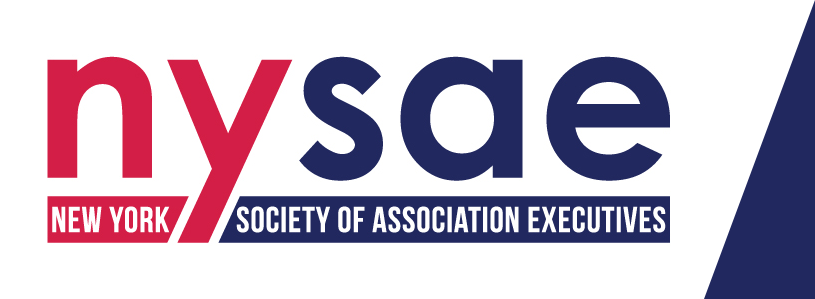Print this Article | Send to Colleague
Founded in 1966, the IIB is the only national association devoted exclusively to representing and advancing the interests of internationally headquartered financial institutions operating in the United States. Its membership is comprised of internationally-headquartered institutions from approximately 35 countries around the world. Collectively, the U.S. operations of the IIB's member banks are an important source of credit for U.S. borrowers and enhance the depth and liquidity of U.S. financial markets. IIB member banks also inject billions of dollars each year into state and local economies across the country through the direct employment of U.S. citizens and permanent residents, as well as through other operating and capital expenditures.
The IIB's mission is to ensure that federal and state banking laws and regulations provide international banks operating in the United States with the same competitive opportunities as domestic banking organizations. Applying U.S. banking laws and regulations to the U.S. branches, agencies, securities affiliates and other operations of international banks is enormously complicated and can produce unintended adverse results. The IIB therefore carefully monitors legislative, regulatory and judicial developments at the federal and state level and advocates, as appropriate, to seek results that are consistent with the U.S. policy of national treatment and advance the interests of its members. The IIB also seeks to ensure that the global operations of its member banks are not subject to unwarranted extraterritorial applications of U.S. laws.
As the representative of the international banking community in the United States, the IIB is able to achieve goals that often would be impossible or prohibitively expensive for any one bank or a small group of banks to accomplish alone. Through testimony, comment letters, briefings, and informal discussions, the IIB advocates on behalf of international banks on pending legislative, regulatory and tax issues before such governmental bodies as the House Financial Services, Ways and Means and Senate Banking and Finance Committees, the Treasury Department, the Federal Reserve Board, the Office of the Comptroller of the Currency, state banking departments, the Federal Deposit Insurance Corporation, the Internal Revenue Service, the Securities and Exchange Commission, and the Commodity Futures Trading Commission.


